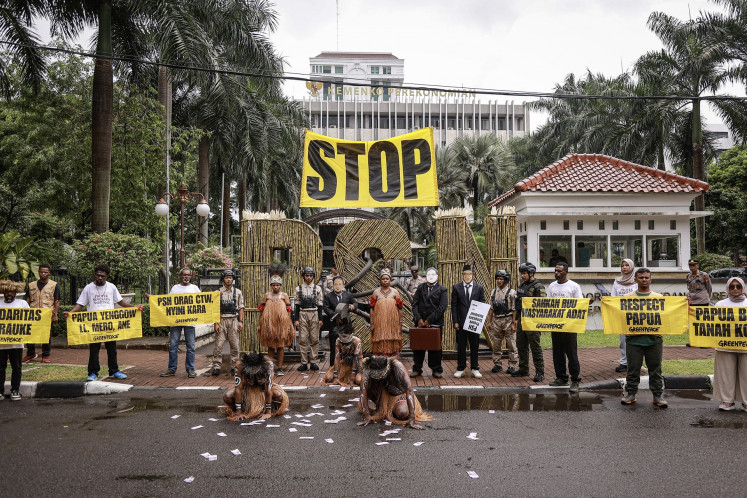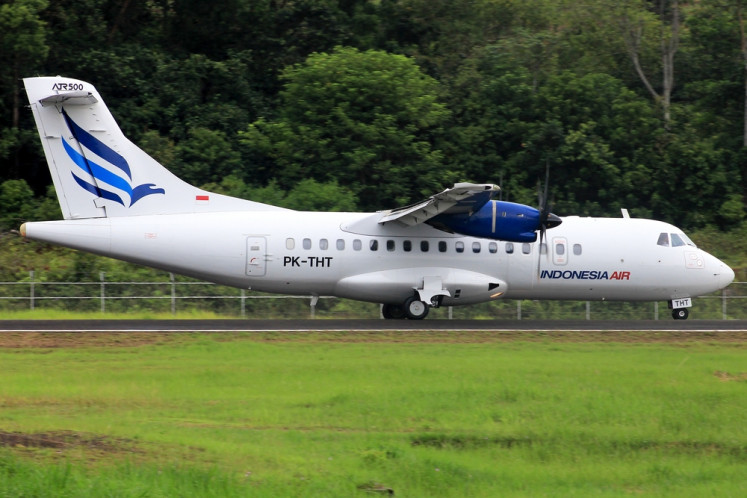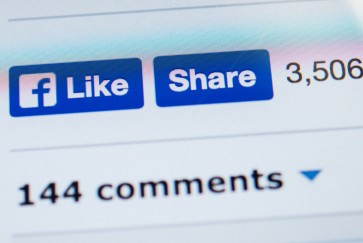Popular Reads
Top Results
Can't find what you're looking for?
View all search resultsPopular Reads
Top Results
Can't find what you're looking for?
View all search resultsInsight: How information technology threatens democracy
Social media’s ideological “echo chambers” exacerbate people’s natural biases and diminish opportunities for healthy debate.
Change text size
Gift Premium Articles
to Anyone
T
he internet and social media were once hailed for creating new opportunities to spread democracy and freedom. And Twitter, Facebook and other social media did indeed play a key role in popular uprisings in Iran in 2009, in the Arab world in 2011 and in Ukraine in 2013-2014. Back then, the tweet did at times seem mightier than the sword.
But authoritarian regimes soon began cracking down on internet freedom. They feared the brave new digital world, because it was beyond the reach of their analogue security establishments. Their fears proved unfounded. In the event, most social mediaenabled popular uprisings failed for want of effective leadership, and traditional political and military organizations retained the upper hand.
In fact, these regimes have begun to wield social media for their own ends. We have all heard the allegations that Russia covertly used social media to influence electoral outcomes in Ukraine, France, Germany and, most famously, in the United States. Facebook has estimated that Russian content on its network, including posts and paid ads, reached 126 million Americans, around 40 percent of the nation’s population.
We should recall earlier accusations by Russia of the West’s role in fomenting the “color revolutions” in Ukraine and Georgia. The Internet and social media provide another battlefield, it seems, for the surreptitious manipulation of public opinion.
If even the most technologically advanced countries cannot protect the integrity of the electoral process, one can imagine the challenges facing countries with less know-how. In other words, the threat is global. In the absence of facts and data, the mere possibility of manipulation fuels conspiracy theories and undermines faith in democracy and elections at a time when public trust is already low.
Social media’s ideological “echo chambers” exacerbate people’s natural biases and diminish opportunities for healthy debate. This has real-world effects, because it fosters political polarization and erodes leaders’ capacity to forge compromises, the basis of democratic stability. Likewise, the hate speech, terrorist appeals, and racial and sexual harassment that have found a home on the Internet can lead to real-world violence.
But social media is hardly the first communication revolution to challenge political systems. The printing press, radio and television were all revolutionary in their day. And all were gradually regulated, even in the most liberal democracies. We must now consider how to submit social media to the same rules of transparency, accountability, and taxation as conventional media.


















